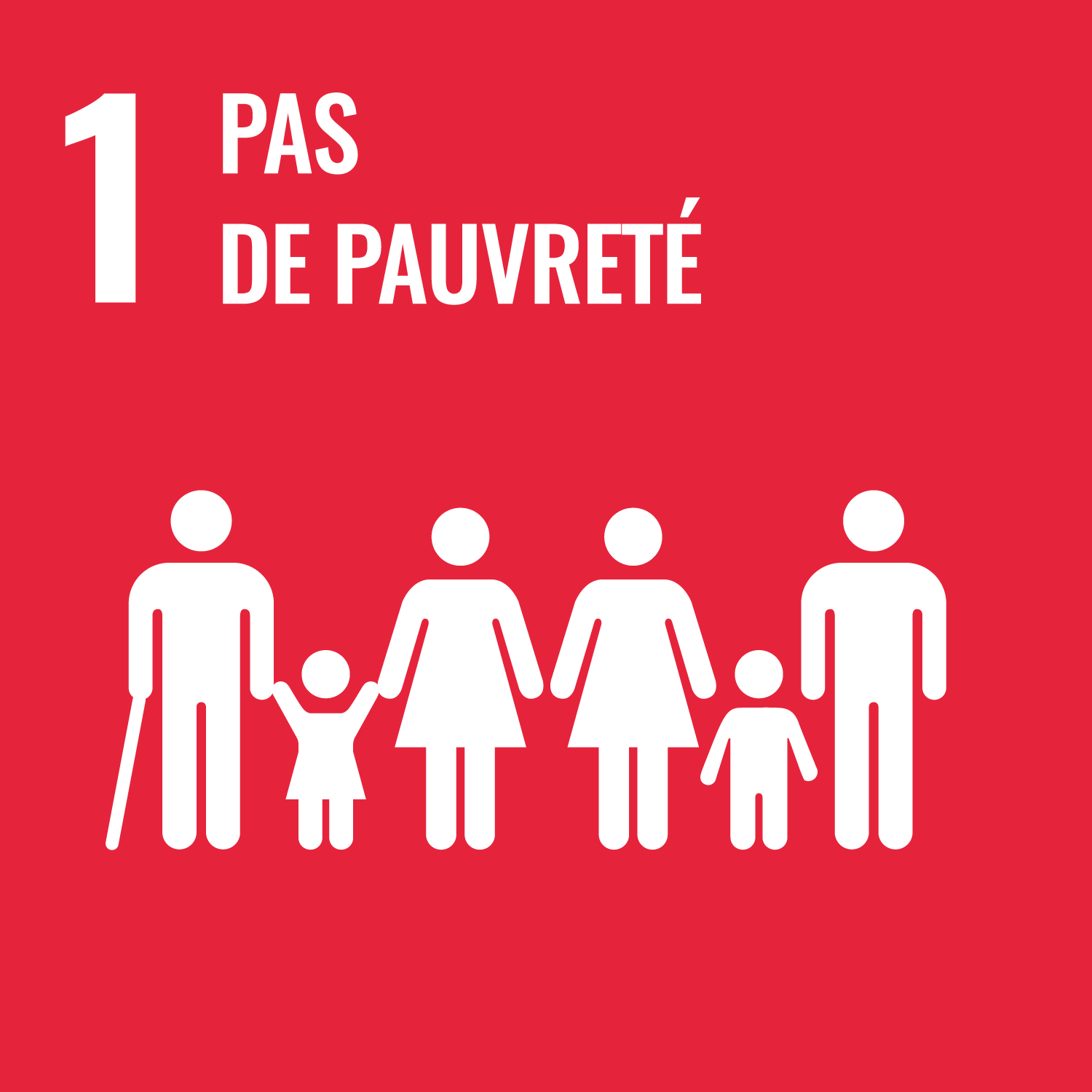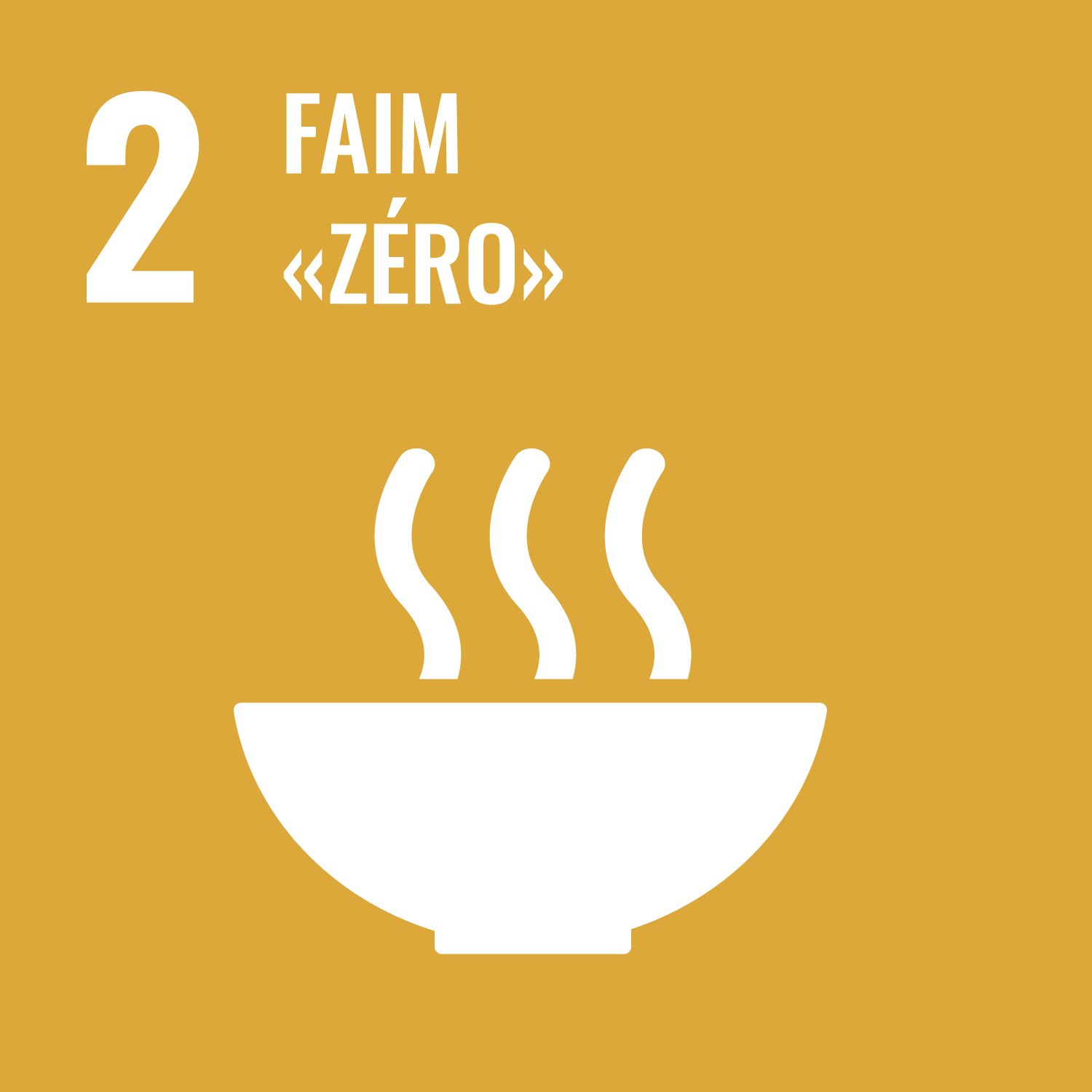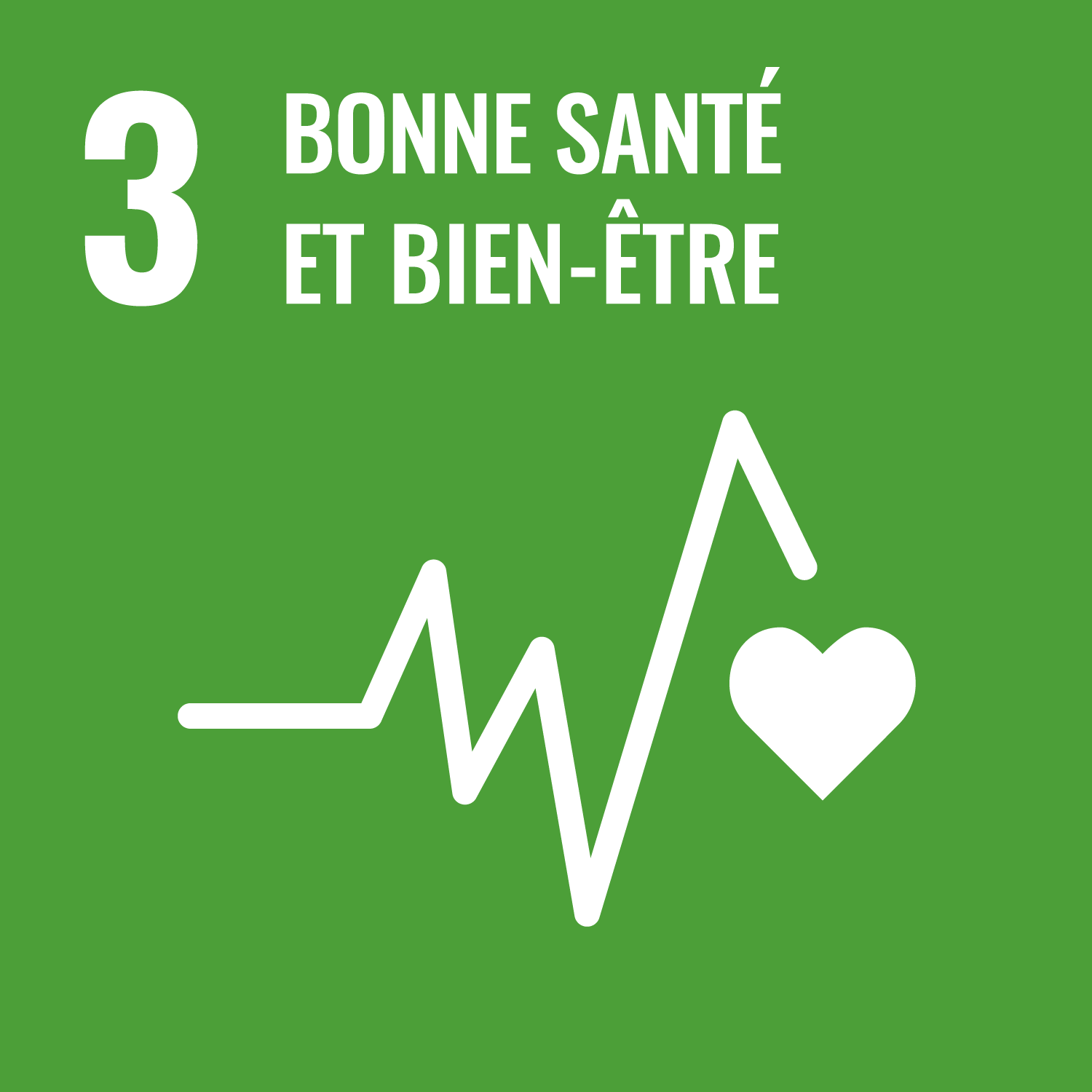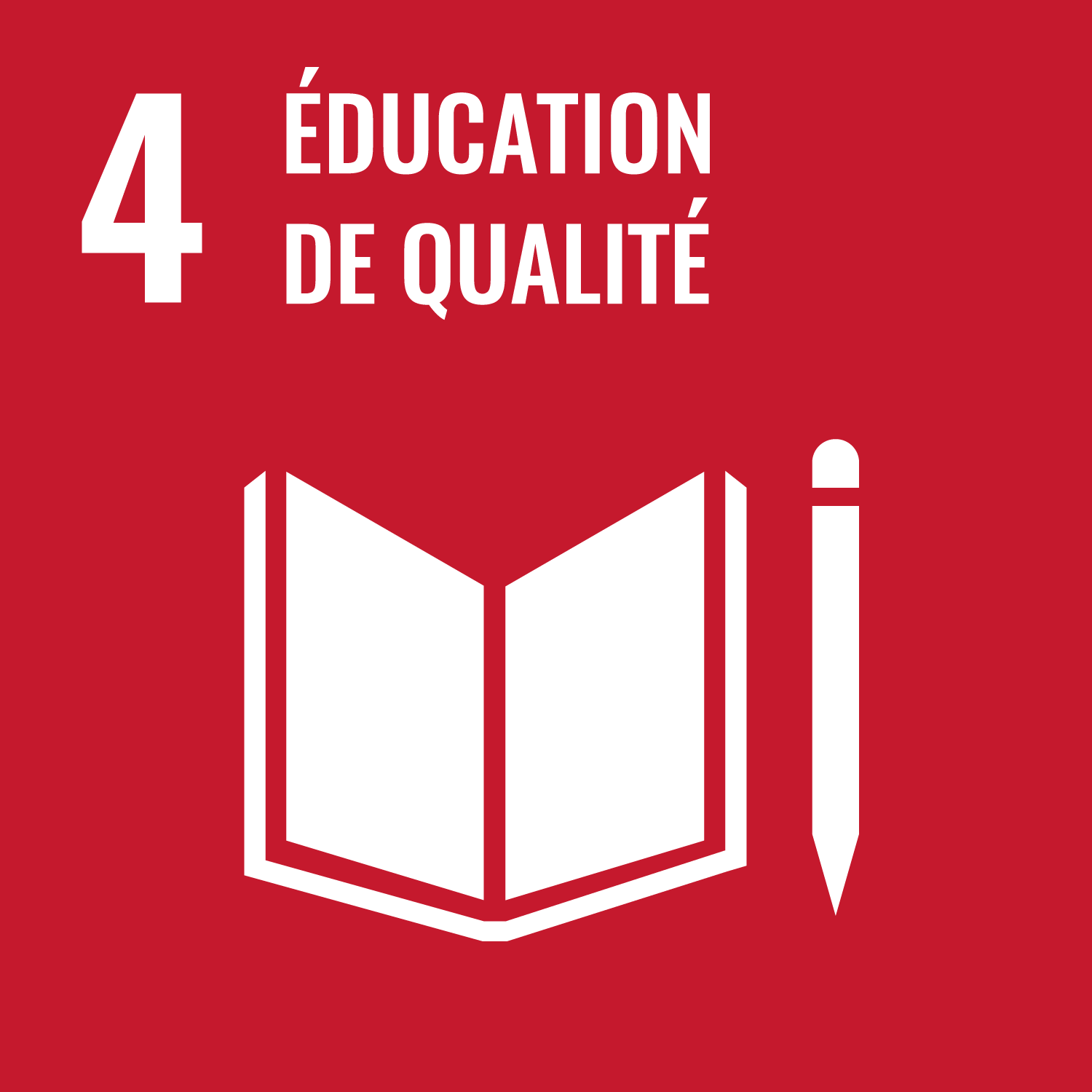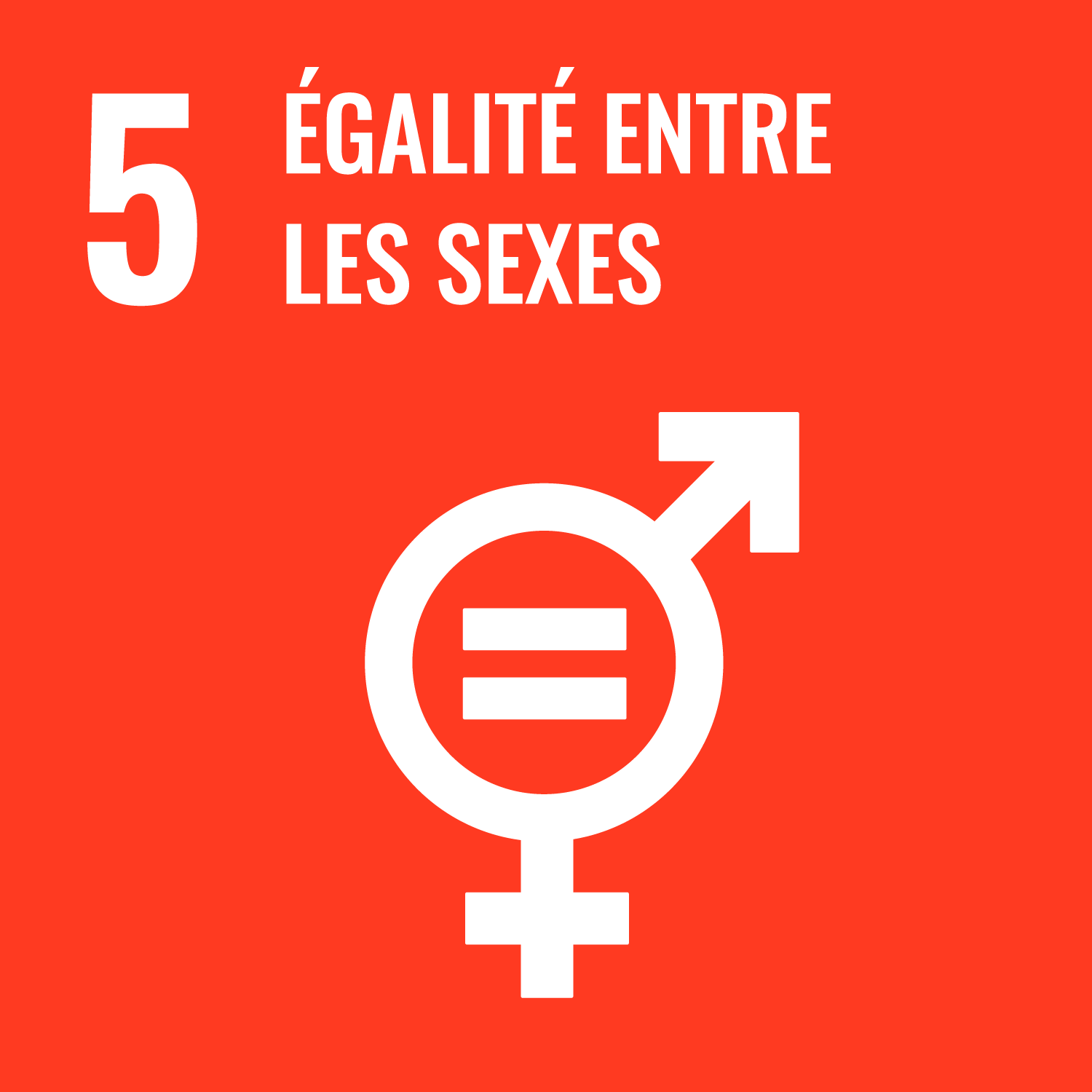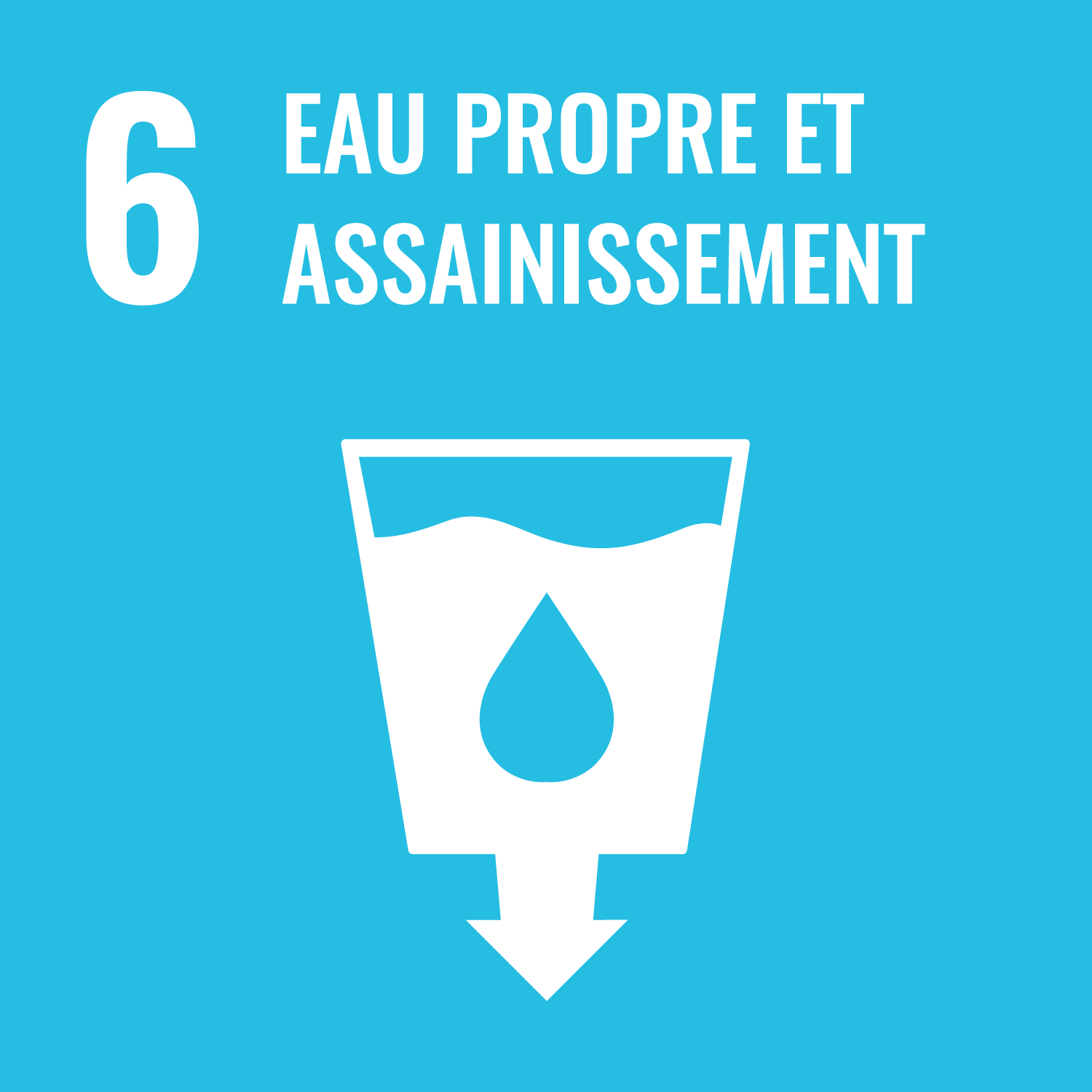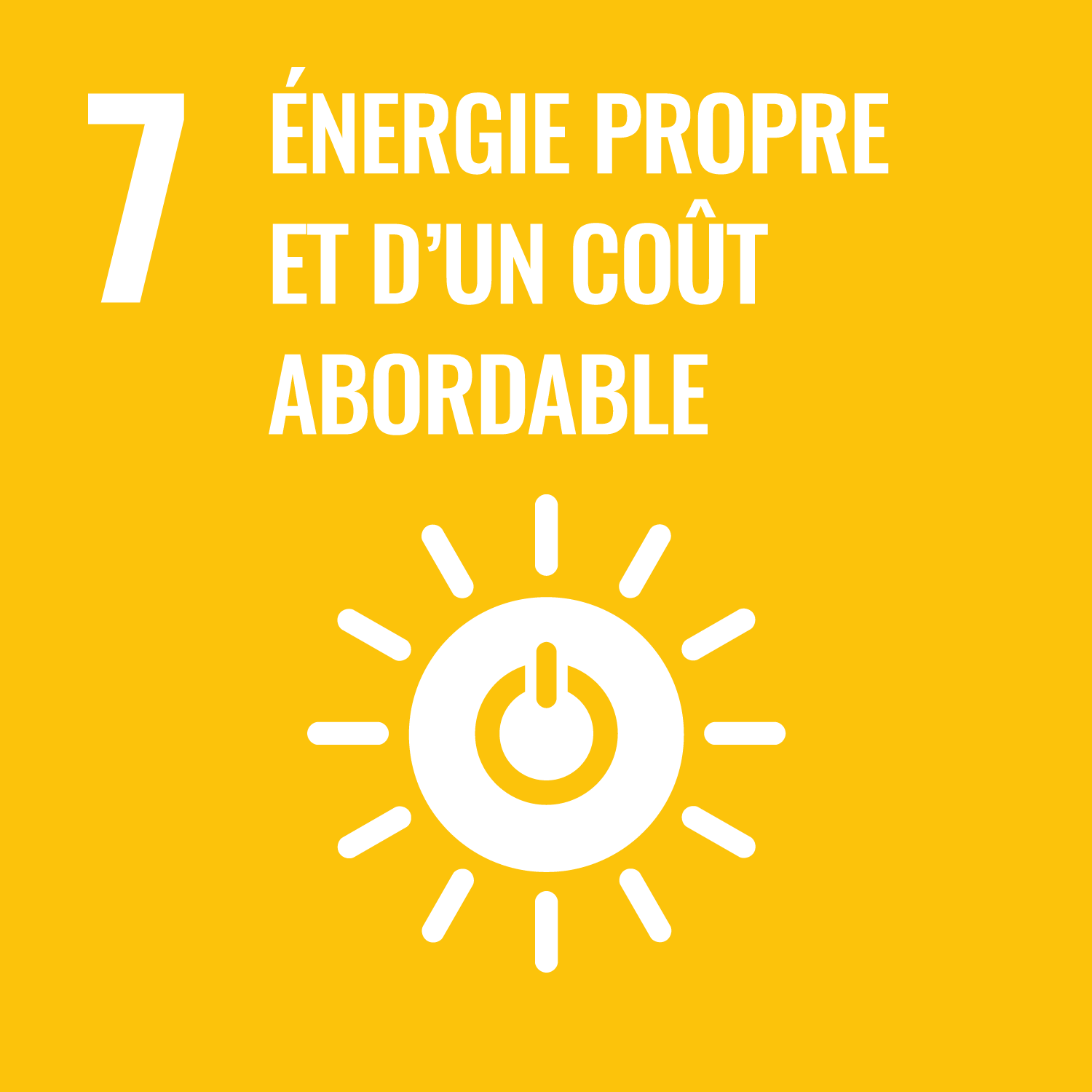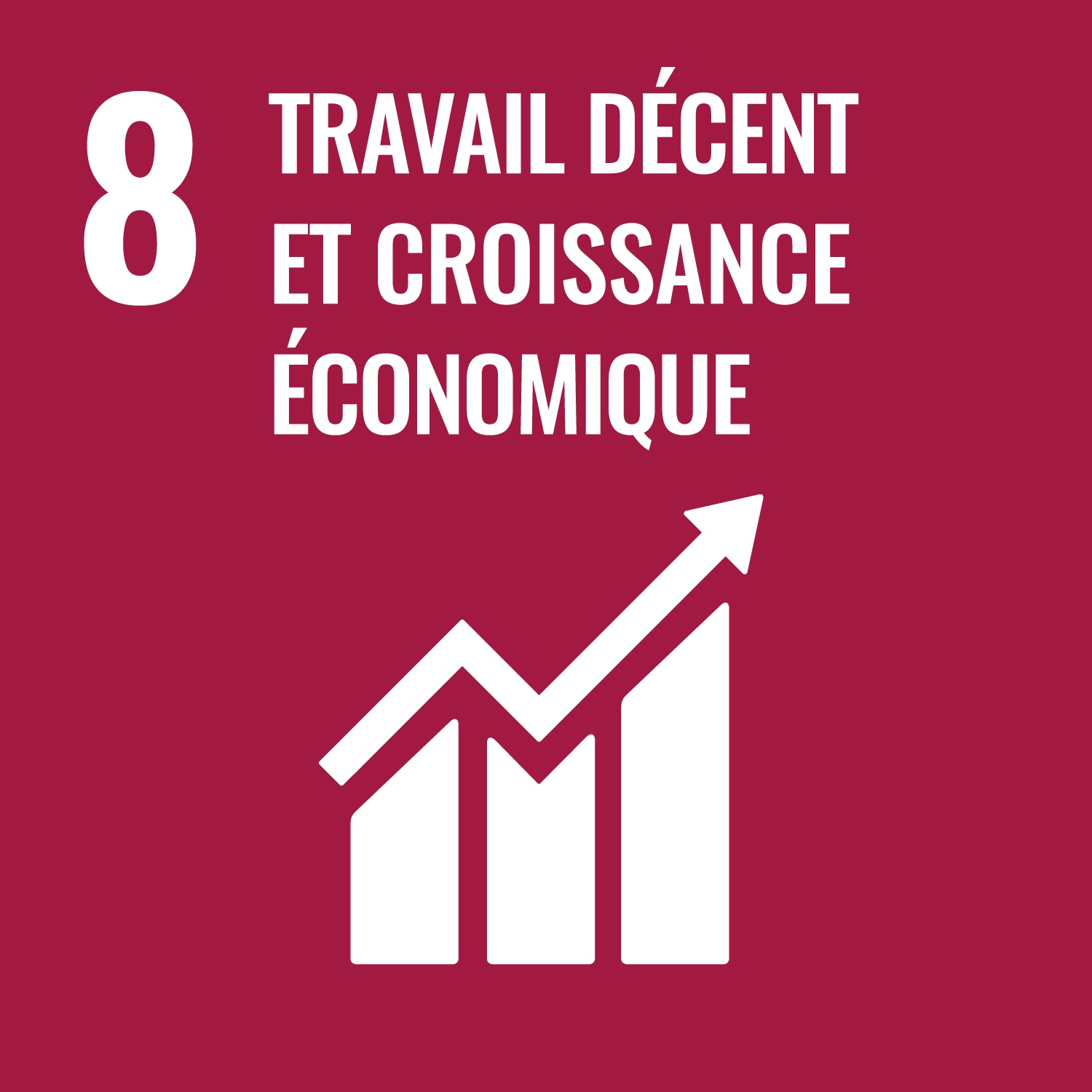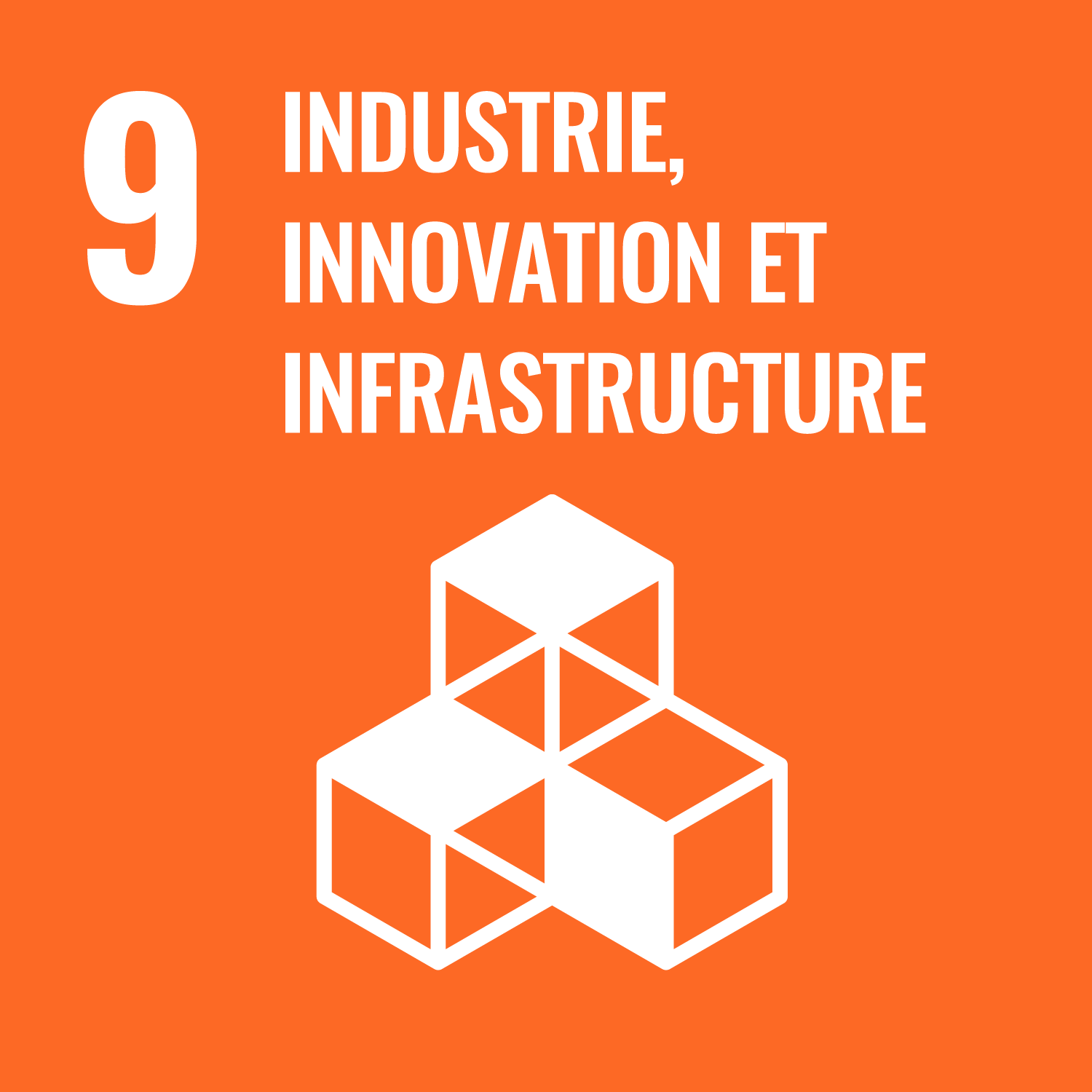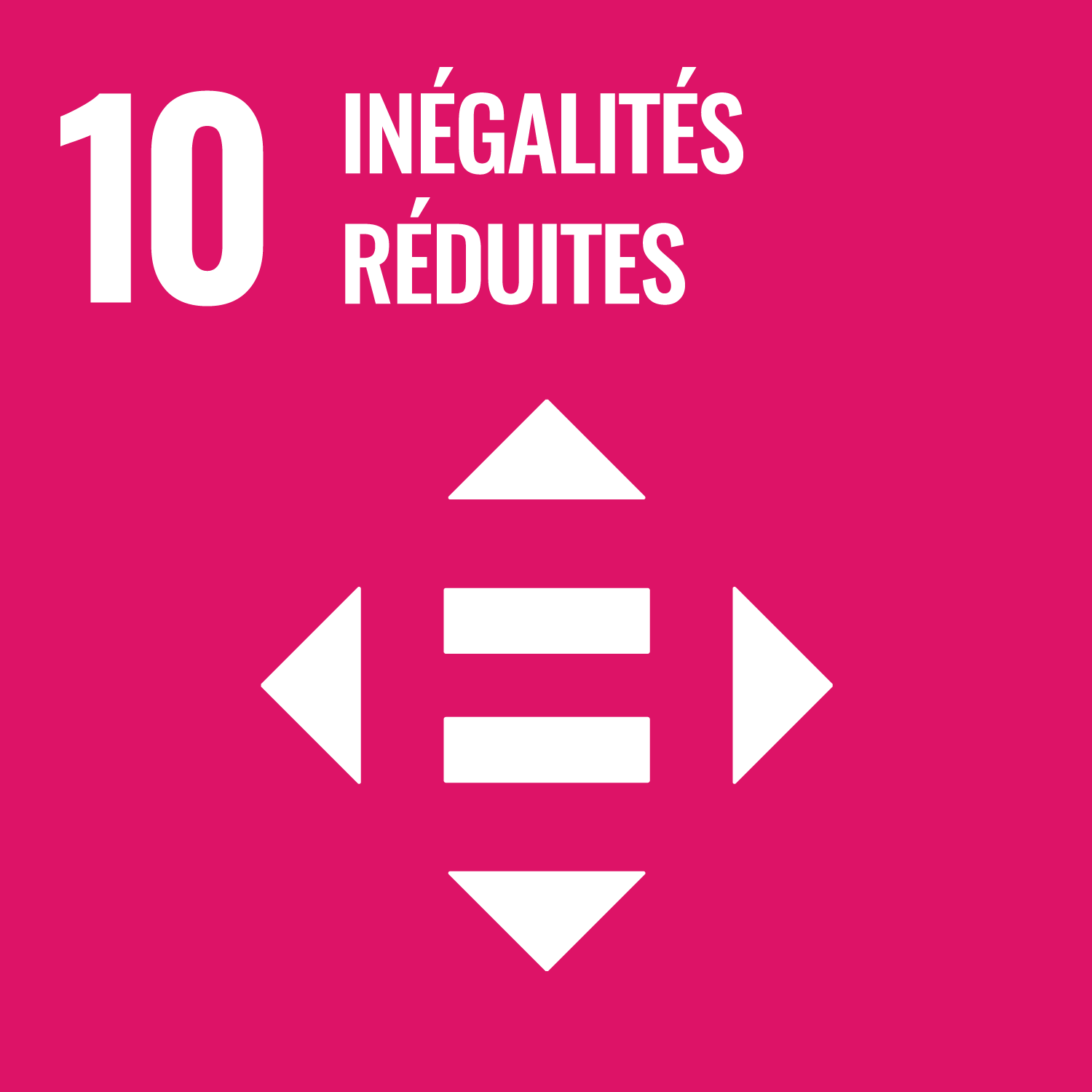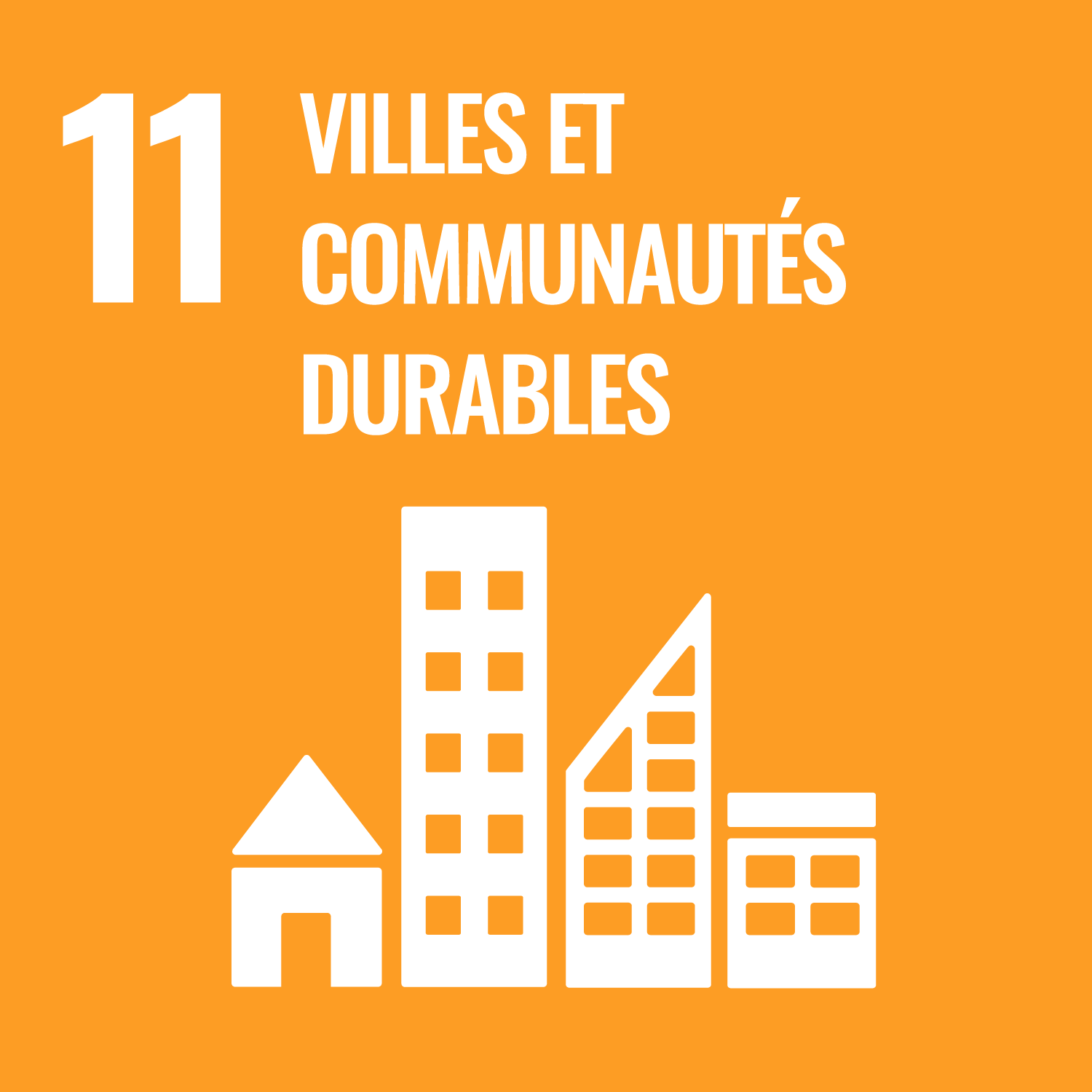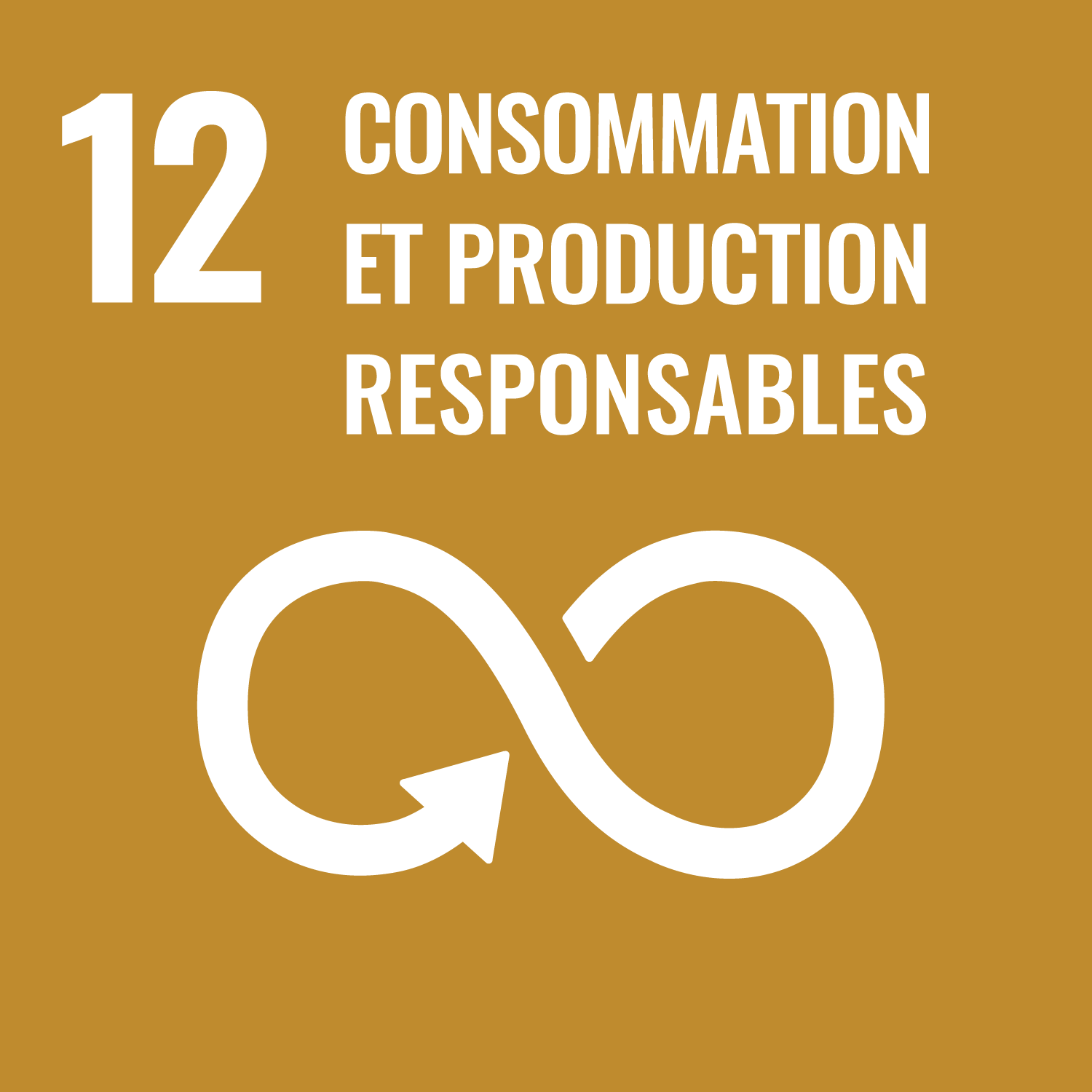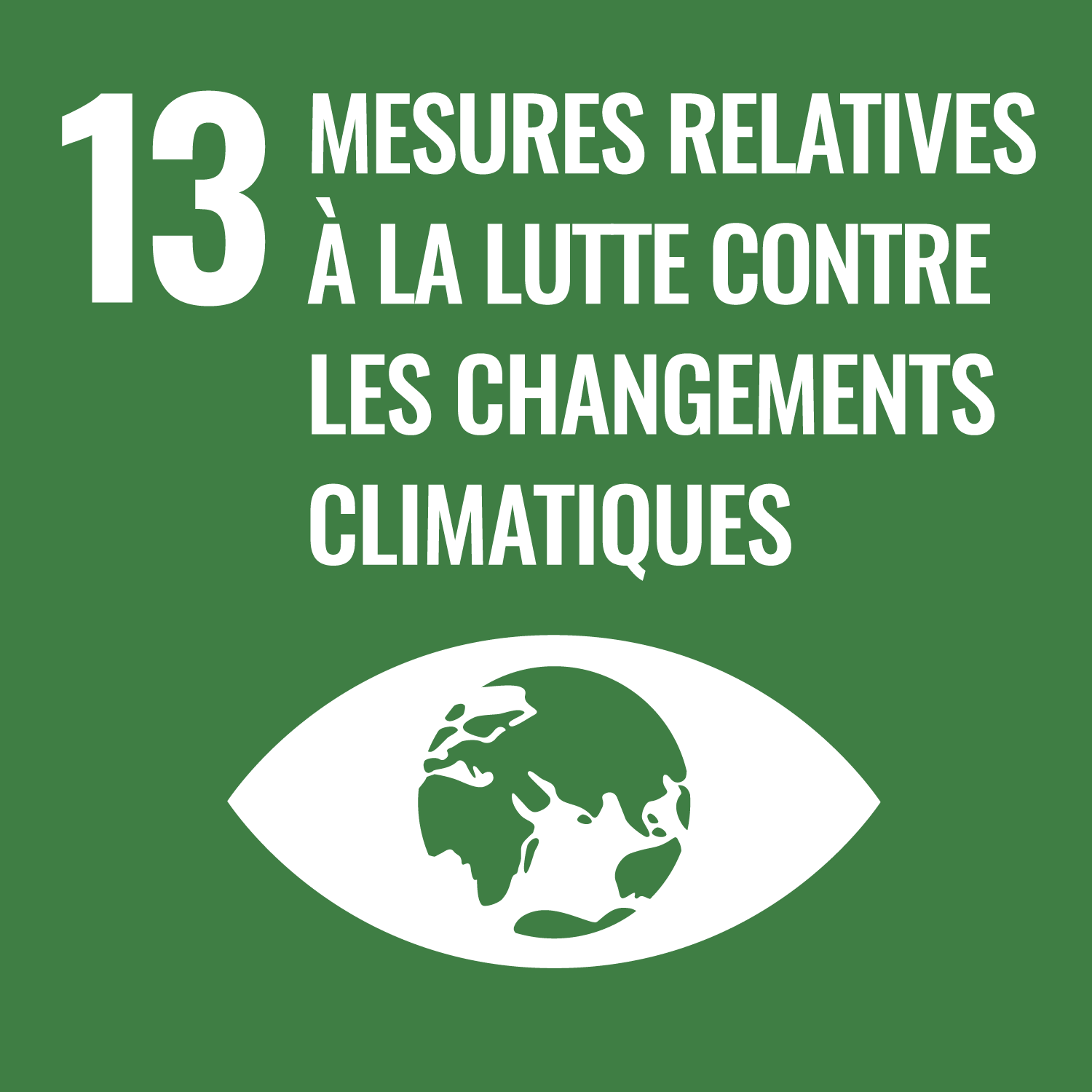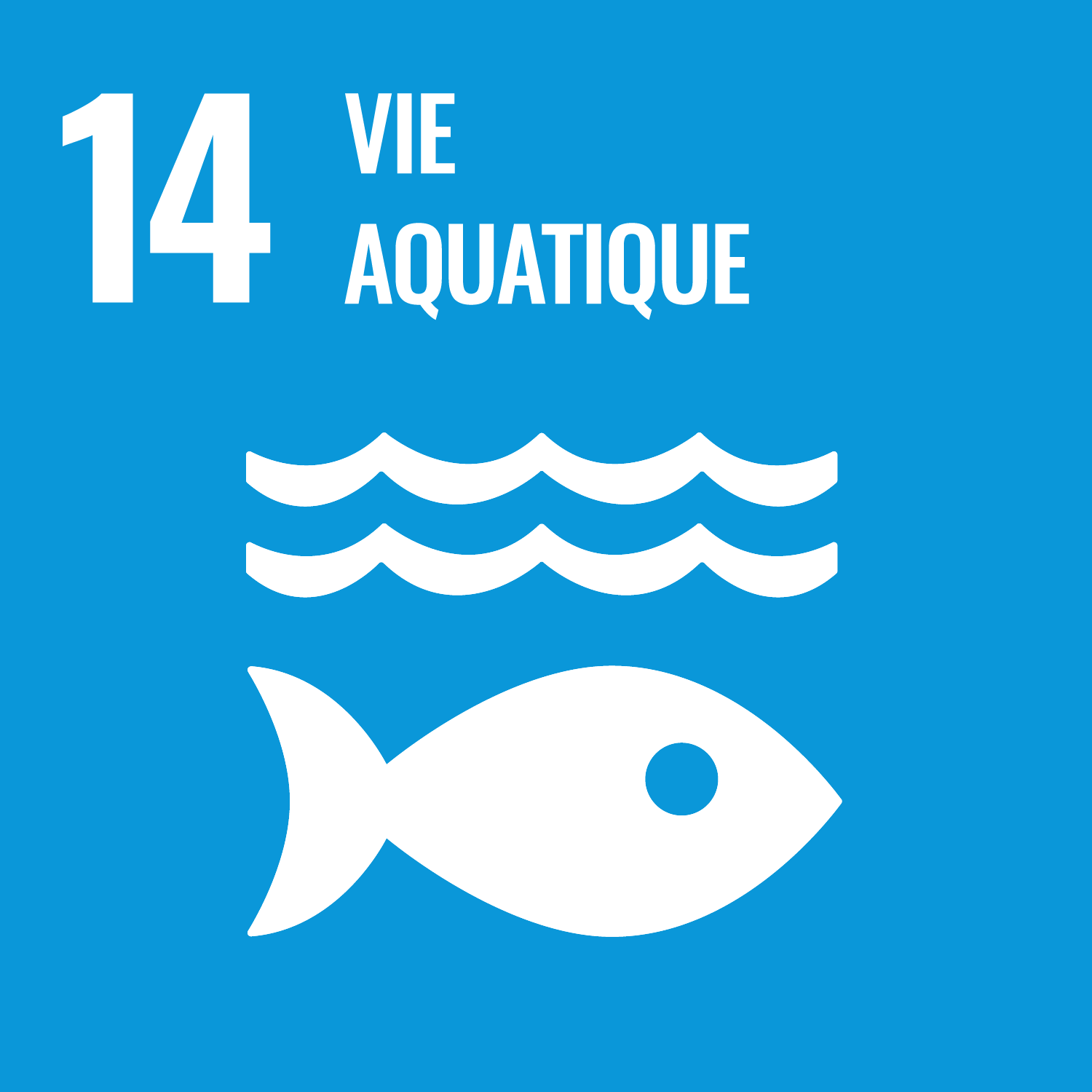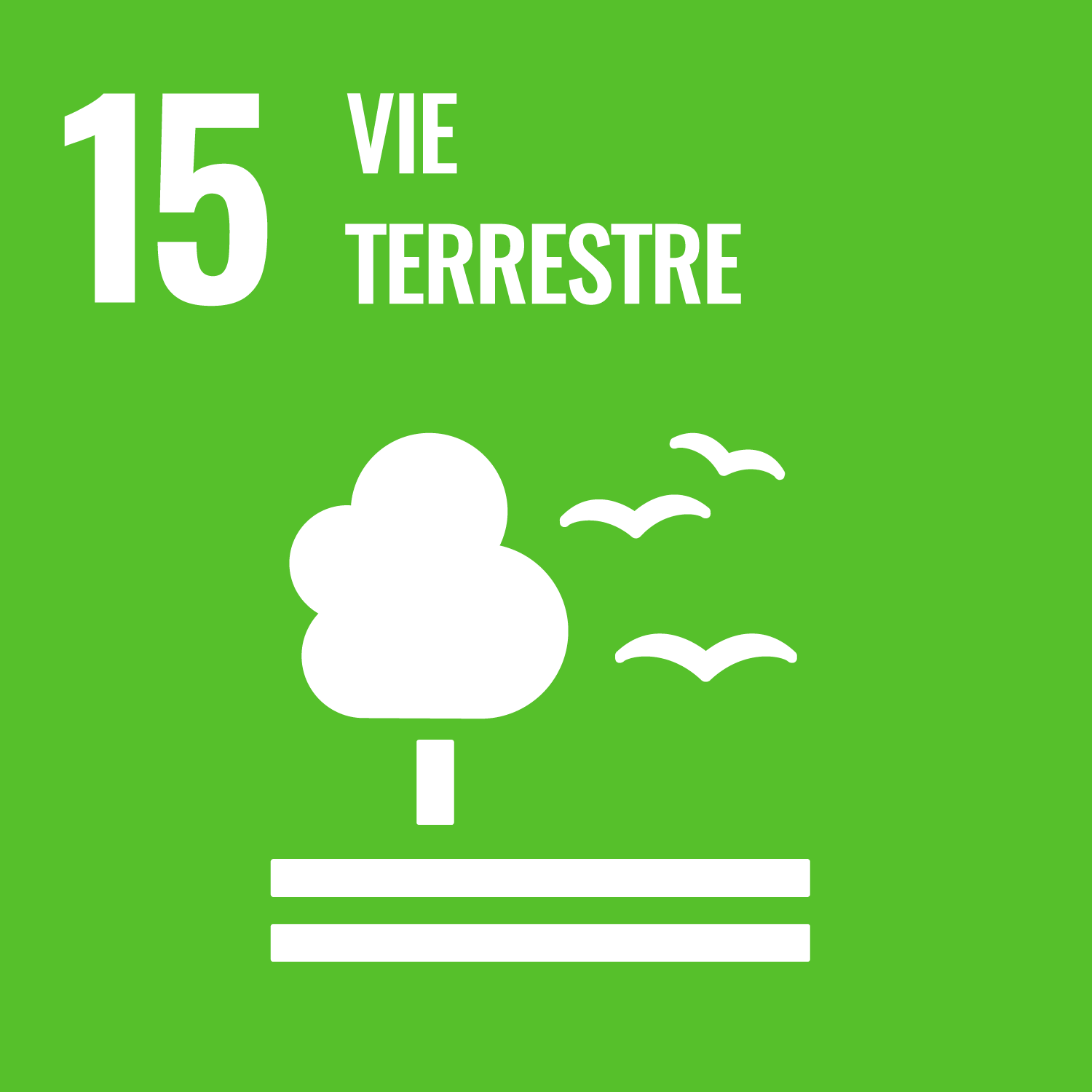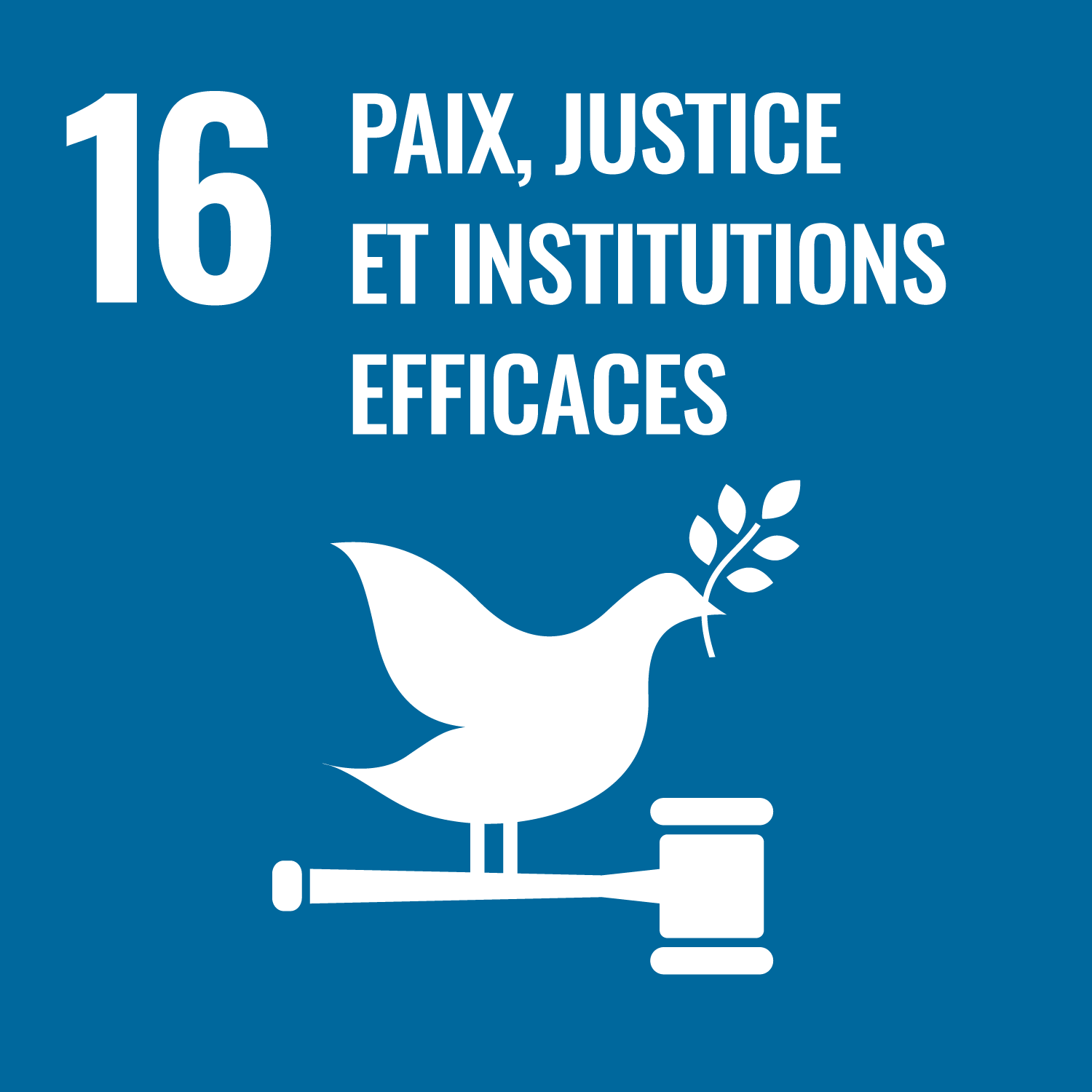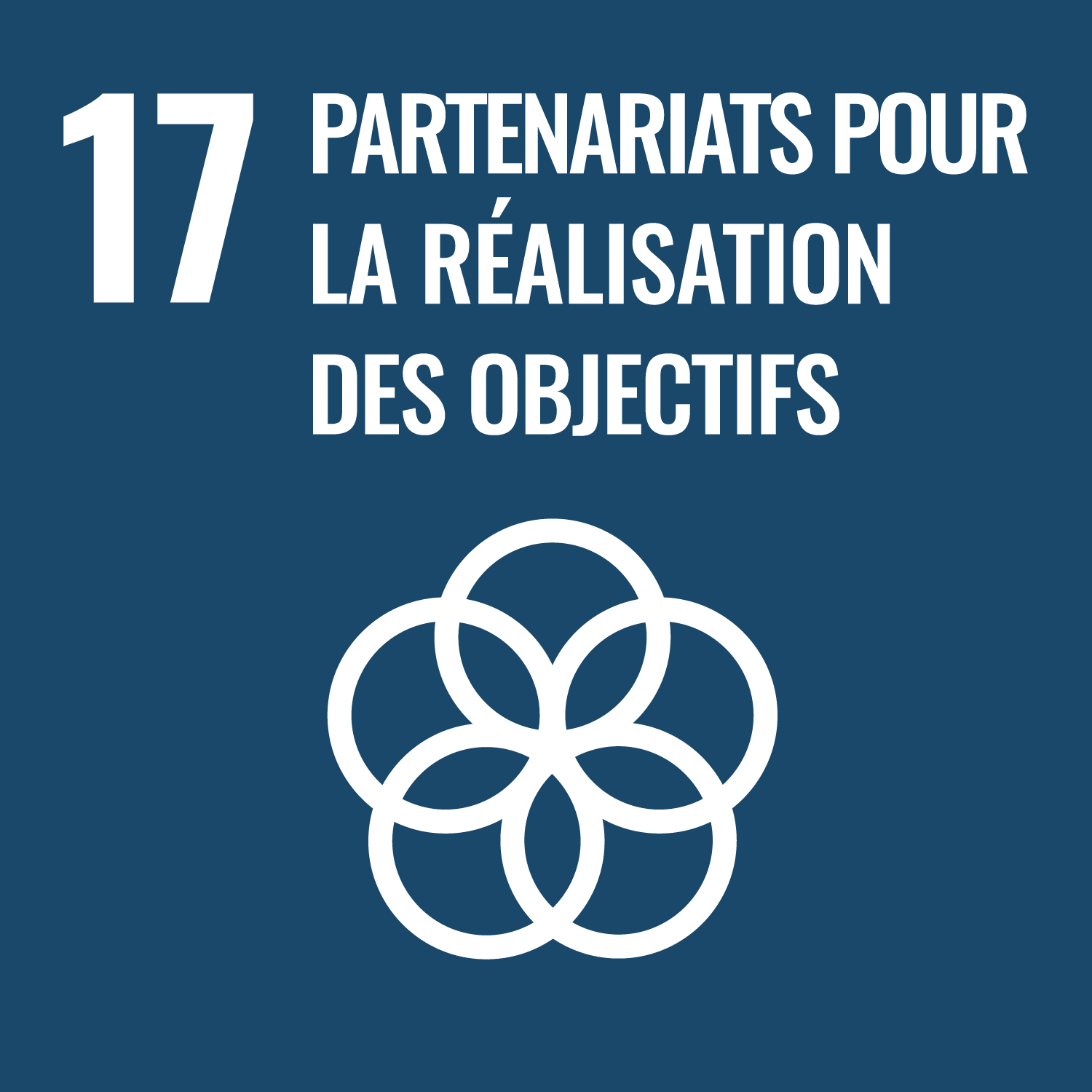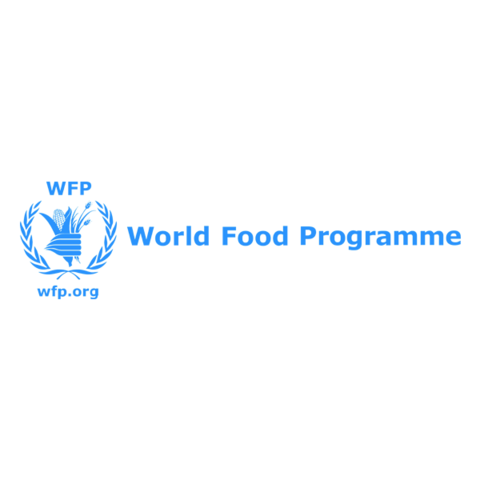World Food Programme Office for Emergency Preparedness and Response in the Caribbean
As 2021 begins, the socio-economic impacts of COVID-19 continue to reverberate across the Caribbean, the most tourism-dependent region in the world. In Saint Lucia, tourism came to a standstill with the subsequent re-opening of borders and relaxation of travel restrictions resulting in a slight increase of visitors. A recent spike in cases, however, pushed the government to reintroduce temporary containment measures. In these uncertain times, the reality for many businesses, formal and informal workers and vulnerable segments of the population remains dire.
The double-burden of the protracted health and socio-economic impacts of COVID-19 hits hardest those facing poverty and with existing medical conditions. For persons living with HIV, for example, where the immune system is compromised, simple actions like going to the supermarket, taking public transportation, and working in the midst of a global pandemic could have deadly consequences. Without a regular income, there is a constant balance between managing health risks against the pursuit of livelihoods to meet vital food, health and other needs.
This reality is all too familiar for Pat*, an HIV-positive mother of five. Health complications forced her to give up her job as a housekeeper in a hotel. She has since been engaged in precarious, ad-hoc domestic work. Pat says that living with HIV carries an additional financial burden and access to nutritious food is essential to maintain her health.
Similarly, Jane*, a young, HIV-positive mother and her partner – a fisherman – have also fallen on hard times. The impact on tourism has been strongly felt by this single-income household with three children, given that his main clients were hotels. In COVID-19 times he can only sell fish to individuals. With the rising cost of fish on the market, sales have been low, and they struggle to make ends meet.
The government, through the Ministry of Equity, Social Justice, Empowerment, Youth Development, Sports and Local Government, provides households of persons living with HIV with much needed social protection support through regular monthly vouchers to purchase food. Most recipients are women. With support from the SDG Fund and the World Food Programme (WFP), these vouchers have now been doubled in value to ensure continued access to food and essential needs. The increased value frees up household finances to spend on health, education and other needs. Support will continue throughout 2021.
"This money has helped a great bit, I was able to buy food and school supplies," shared Pat, the mother of five. Her greatest wish in life is to live long enough to see her children grow up and graduate from school.
"We went from shopping once a month, to weekly, and worrying if we would even have enough," the soon-to-marry, mother of three lamented, noting the difficulty in purchasing enough food beyond a week’s supply. With the government's assistance the family is able to meet immediate food and education needs.
The SDG Fund is supporting the Government of Saint Lucia to expand social protection, including through the flagship Public Assistance Programme (PAP). The PAP provides monthly benefits to people who need it most. The support to the PAP, provided through the World Food Programme, will increase coverage by nearly 40% to include an additional 1,000 households (approximately 2900 persons), who will continue to receive long-term benefits. The SDG Fund, via the United Nations Children's Fund (UNICEF), also supported increases in cash transfer values for families with children with disabilities and those with foster children.
These crucial measures to address the socio-economic impacts of COVID-19 are part of broader efforts to make social protection more universal and shock-responsive through the “SDG Fund Joint Programme on Universal Adaptive Social Protection in the Eastern Caribbean”. The programme leverages the expertise of WFP, UNICEF, the United Nations Development Programme, the United Nations Entity for Gender Equality and the Empowerment of Women and the Internal Labour Organisation. Together, these UN partners with the Government of Saint Lucia will strengthen how social protection can address the immediate and pressing needs of vulnerable people during the pandemic and emerge better able to respond to future crises.
*An alias is used to protect the identity of the recipients.


